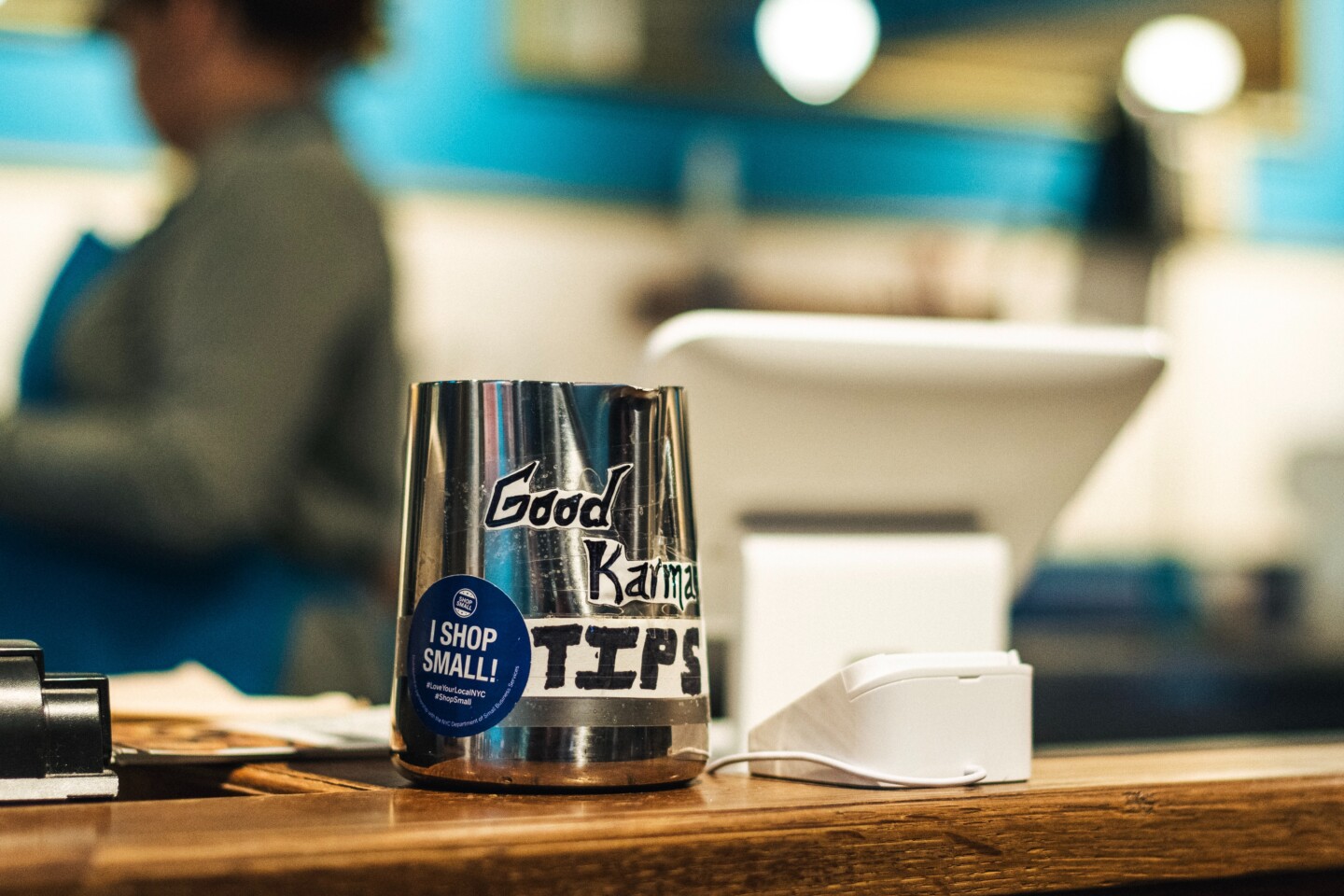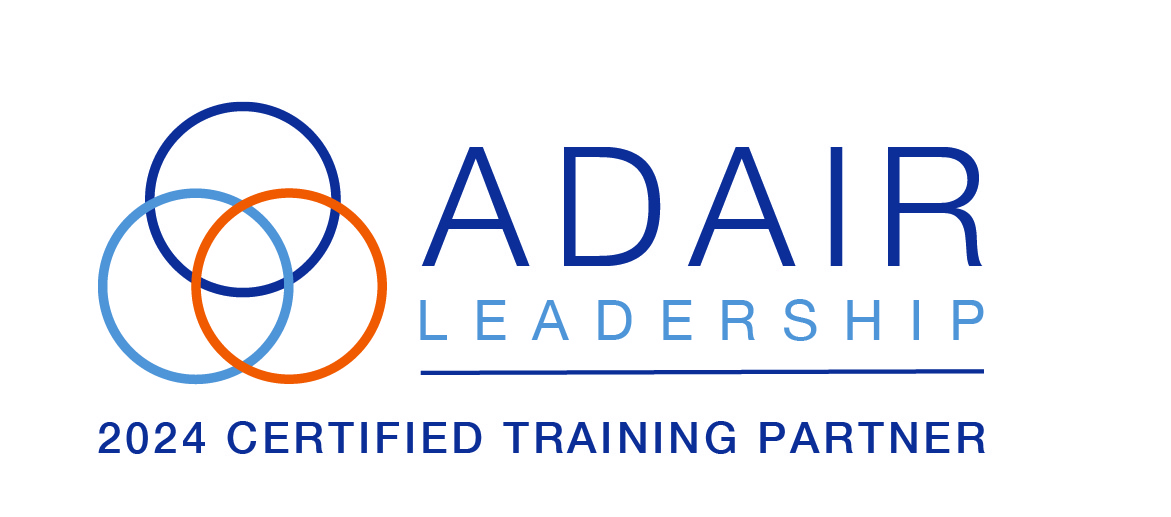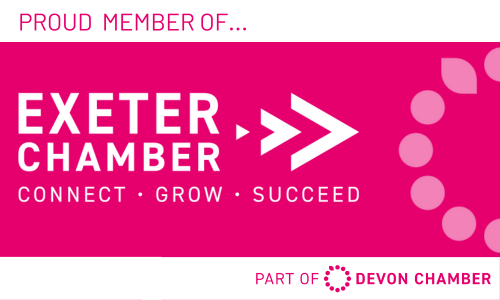The Employment (Allocation of Tips) Bill

The Employment (Allocation of Tips) Bill is a new amendment to the Employment Rights Act 1996 and looks set to receive royal assent in autumn 2023.
The issue of tips and service charges within the hospitality sector has led to various complications and disputes over the years. A tip is money added to a hospitality bill and paid at a customer’s discretion, usually with the intention of it going directly towards the member of staff who served them. A service charge is a fixed amount added to a customer’s bill; this is usually a percentage decided by the business owner. The service charge can be removed or disputed by the customer, and is not technically classed as a tip, but the new tip sharing laws apply to service charges too.
If made law, which seems very likely, the key points of the Bill are as follows:
- It would require employers to pass on 100% of all tips, gratuities and service charges to its workers (usually after tax and national insurance had been deducted). Any credit card fees, bank charges, payroll or other administration costs incurred when processing tips would have to be covered by the business.
- The tips would have to be distributed by the end of the month, following the month in which the tips were made.
- A system must be in place to allocate tips fairly among staff. Methods of doing so could be:
- Pooling all tips and sharing them equally among staff, either across the business as a whole, or within sections of the business. This may be managed by a member of staff who is a designated ‘troncmaster’ or ‘tronc’. This is a person within the business, other than the employer, who is responsible for sharing out tips. With this method, national insurance does not have to be paid and so employees keep more of their tips. The troncmaster must report to HMRC. Independent, external troncmasters can also be used.
- Staff keep all their own tips. However, this may be seen as unfair, since the person who gets the tip is likely to be the person who finalised the customer experience (for example the waiting staff) and therefore other employees who contributed (for example, the chef) may not receive recognition for their efforts.
- A hybrid approach, in which employees keep a certain percentage of tips which they earn individually, and pool the rest to be shared.
- Agency staff must be treated the same as employees with respect to tips.
Most tips are now made by electronic means, rather than given in cash. Employers should therefore consider how they will cover the associated processing fees, since these will not be able to be deducted from the tips.
Employees will be able to ask their employers for tip-sharing records, and how tips are managed within the company. They will be able to bring an Employment Tribunal claim if they believe the terms of the new statutory Code of Practice have been broken, and employers may have to pay fines and compensation.
If you work in hospitality and require a policy on tips and gratuities, please contact us by emailing enquiries@perspectivehr.co.uk or by phoning 01392 247436.




